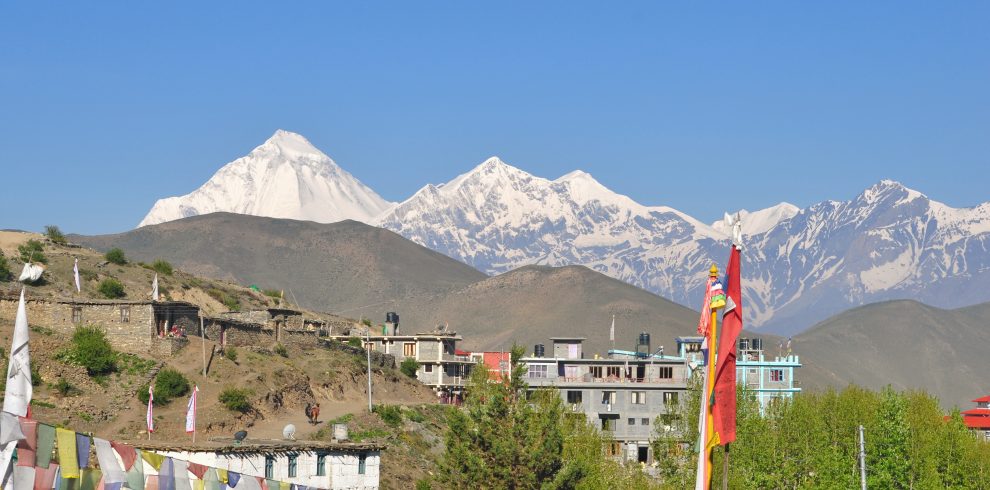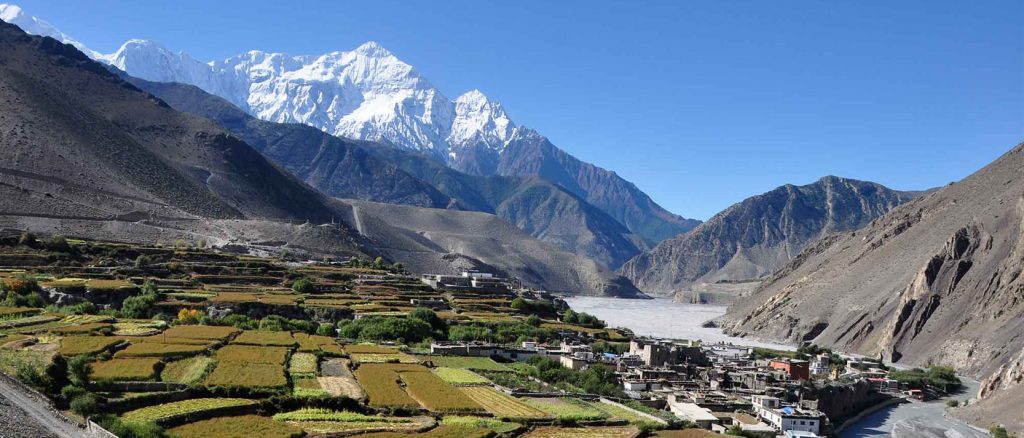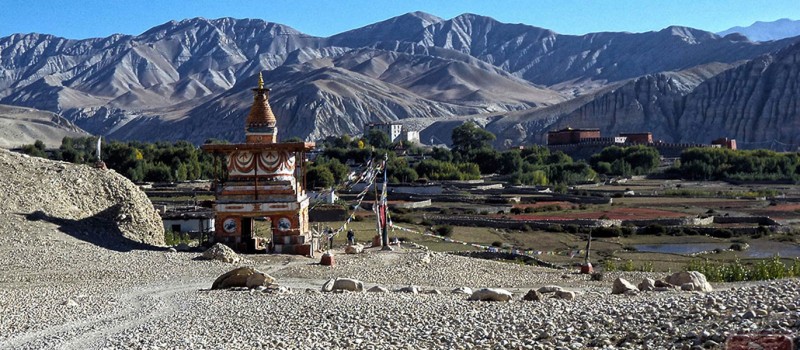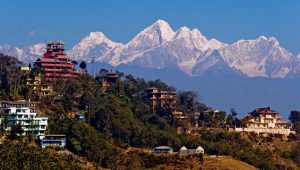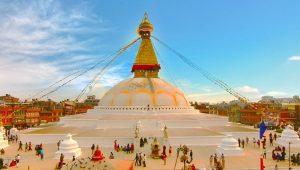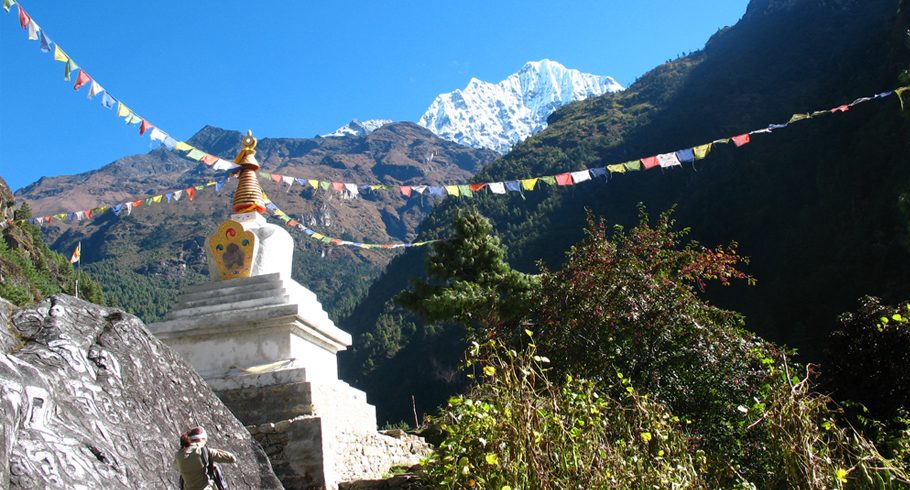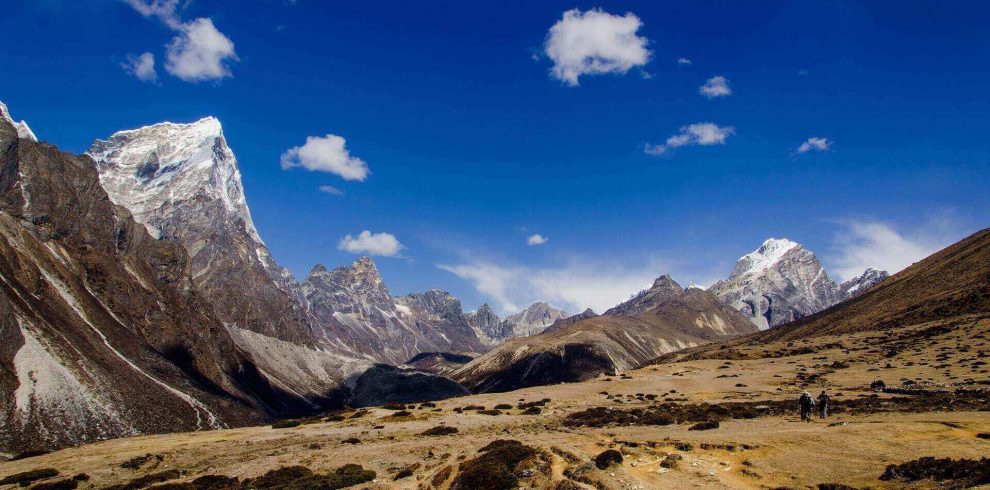Lower Mustang Trek is specially designed for those who are eager to visit the Kingdom of Tibetan Buddhist within a short period of time. Lower Mustang Trek fall under Annapurna Region Trekking. It is not so difficult Trek and you don’t need expensive permits to Trek to lower Mustang. The region has the largest protected biodiversity area in Nepal.
Jomsom Muktinath Trekking trail goes along Kaligandaki River. You spend overnight at the local lodge/ hotel at Kagabeni. On the next morning, you move up to Muktinath. Muktinath is the pilgrimage center of Hindus as well as Buddhist. In Muktinath, you see Tibetan traders and sadhus (holy men) from as far away as the south of India. Here you visit Muktinath temple, shrines of different god and goddess, springs and natural gas spot. From Muktinath, you retrace your steps to Jomsom. And then again catch a flight to Pokhara.
From here you can observe the panoramic view of Mt Annapurna 1st (8091), Mt Dhaulagiri (8167m), Mt Tilicho (7134m), Mt Thorongla (5415 m) and Mt Nilgiri (7061m). Another attraction of this trekking is culture, lifestyle of Thakali. Thakalis are indigenous group staying in the northwestern part of Nepal. They are original from Thak Khola. The Marpha village is a salt trading route from Tibet(But) western part of Nepal. This Jomsom Muktinath trekking you can observe multi-culture and people along the Kaligandaki River.
Overview
Travel is the movement of people between relatively distant geographical locations, and can involve travel by foot, bicycle, automobile, train, boat, bus, airplane, or other means, with or without luggage, and can be one way or round trip. Travel can also include relatively short stays between successive movements.
The origin of the word “travel” is most likely lost to history. The term “travel” may originate from the Old French word travail, which means ‘work’. According to the Merriam Webster dictionary, the first known use of the word travel was in the 14th century.
It also states that the word comes from Middle English travailen, travelen (which means to torment, labor, strive, journey) and earlier from Old French travailler (which means to work strenuously, toil). In English we still occasionally use the words “travail”, which means struggle. According to Simon Winchester in his book The Best Travelers’ Tales (2004), the words “travel” and “travail” both share an even more ancient root: a Roman instrument of torture called the tripalium (in Latin it means “three stakes”, as in to impale).

